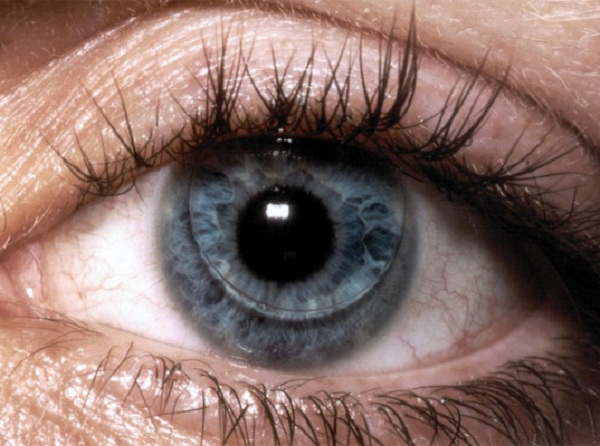
Contact lenses are an excellent alternate of glasses for correction of visual errors. Millions of people enjoy wearing contact lens on a daily basis. First, you should know that wearing contact lenses is safe, but it is not meant to be worn for 24 hours. It is usual to have some redness, irritation, when you begin to use the lenses. However, persistent redness, blurred vision, and sensitivity to the light are the main symptoms of serious eye problems. If you overwear it then even the lenses made from best oxygen permeable materials can plague you. Apart from over wearing, if you wear the lenses while sleeping and do not replace them at regular intervals, they create problems. The reason is very simple, even the best fitted contact lenses compromise with the oxygen supply to the cornea.
Some of the common eye problems created due to overwearing of lenses are given below.
1. Eye infection
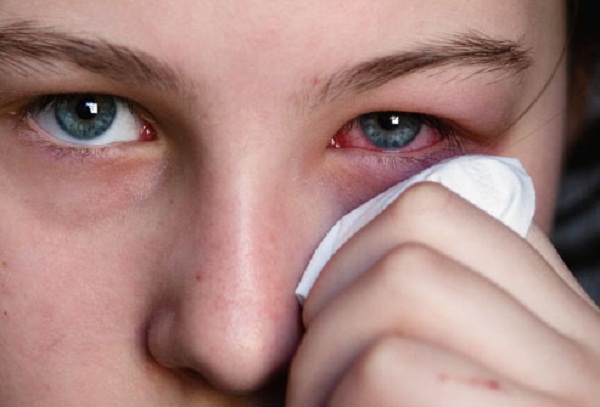
Bacteria, microbes, and other microbiological agents cause eye ailments. Often known as keratitis, it inflames the front part of the eye. This is the most serious complication of contact lens overwear. Therefore, if you are wearing contact lenses, then you have to be cautious when you experience symptoms like redness around the eyes, discomfort in the eyes, and blurred vision because these are the main symptoms of keratitis. If you experience any of these symptoms, then consult a doctor immediately to stay away from further eye damage.
2. Corneal ulcers
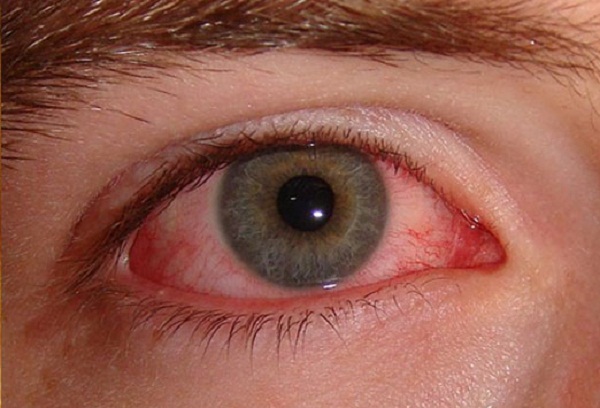
This serious problem can impair your vision. It occurs on the previously intact corneal epithelium. Most of the corneal ulcers happen because of viral, fungal, and microbial infections that happen when you wear the lenses overnight. The ulcers are extremely painful with symptoms like redness of eye, small pupil, tearing, etc. Other remarkable symptoms include blurry or hazy vision, itching in the eyes, and sensitivity to the light. Therefore, as soon as you feel a change in vision, there is something in your eye, severe pain, and water discharge from eyes, visit your doctor because proper diagnosis is essential for the proper treatment of ulcer.
3. Conjunctivitis
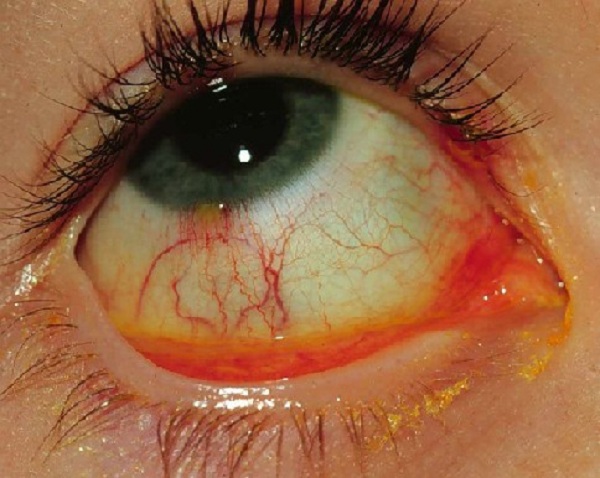
The protein deposited on the contact lenses, especially soft contact lenses, causes giant papillary conjunctivitis (GPC). It is a common and treatable viral eye infection, often known as “Pink eye” found in adults and children. It is identified by the swelling and inflammation of conjunctiva, the thin membrane that covers the inner side of eyelid and the white part of the eye. If you wear lenses on a regular basis and feel any symptom of eye irritation or inflammation, remove your lenses and do not put them back in eyes. Consult your doctor and get treated to use the lenses again.
4. Blurry vision
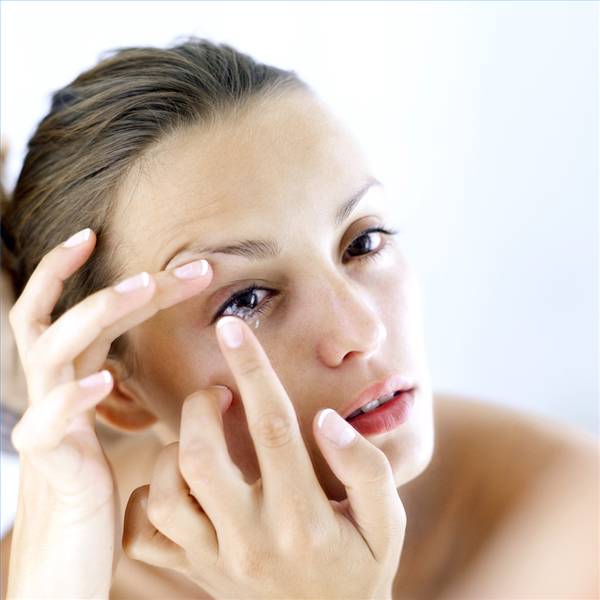
Any disturbance between the ways of light from the cornea to the retina causes blurred vision. Overwear of the lenses causes the same, as well as it reduces the amount of oxygen required for the cornea, causing edema and cornea swelling. Rest from wearing lenses and changing the lenses at required intervals minimize the chances of having this problem. As soon as you feel a change in vision or blurry vision, go for a complete examination of your eyes.
5. Eye pain
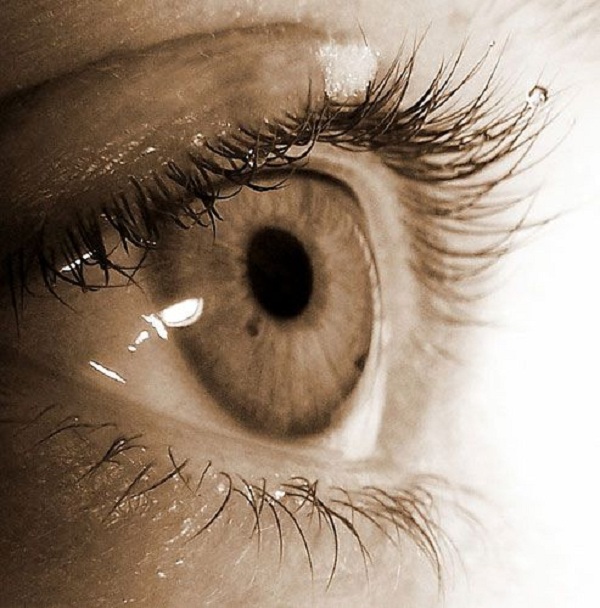
Pain in eyes can also be described as burning, aching, or stabbing in the eyes. It can occur from any place inside the eyes, inside the orbit or outside it. It can also give a feeling that there is something inside your eyes. If you have overused your lenses and feel any type of irritation, tearing, or pain, then remove the lenses and give your eyes some rest. If the pain does not go away, then consult an eye professional because it can improve within 24 hours.
6. Photophobia
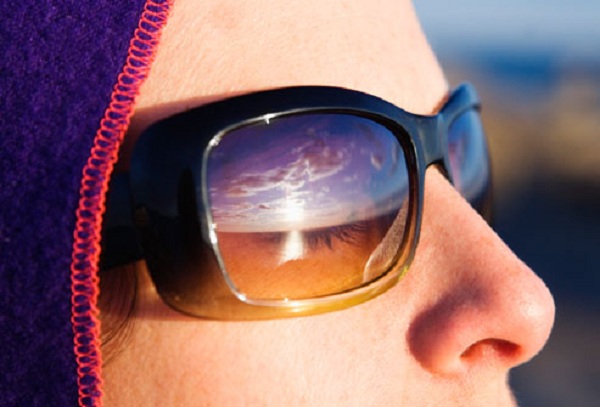
An intolerance of light or light sensitivity is referred as photophobia. It is a common eye complaint caused by inappropriate and overuse of lenses. Badly fitted lenses also cause it. There are different extend of this problem, some are only sensitive to sunlight, some cannot even tolerate bright and fluorescent lights. Call your doctor if the light sensitivity becomes severe and painful along with headaches, blurred vision, and red eye. The doctor mostly prescribes eye drops that dilates the eye pupil and relaxes the iris.




